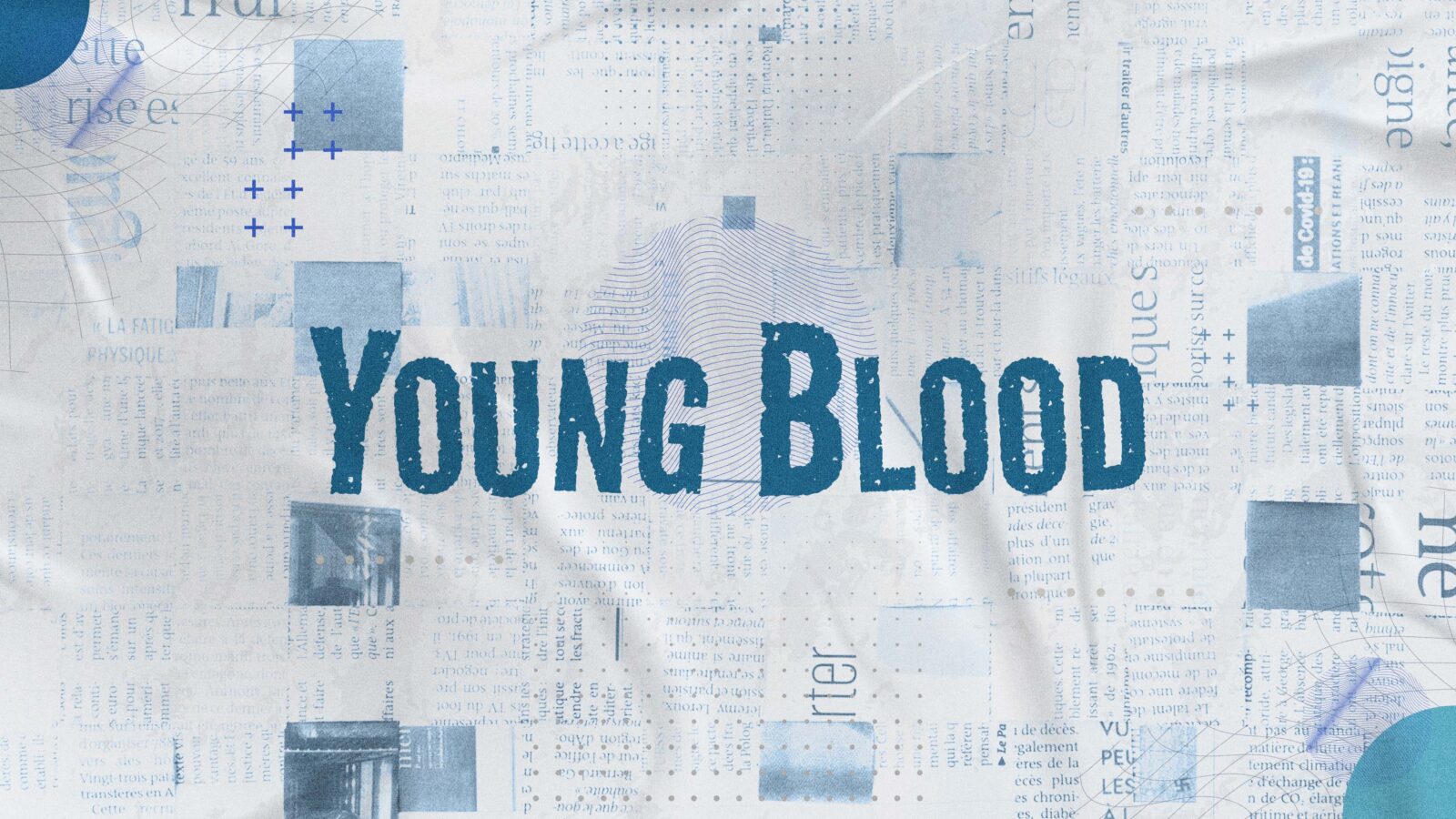To go against the tide

There was never a moment when I didn’t feel fear’s tight grip in my hand whenever I was asked about my opinions on romance, and later on when I got older, sex.
My hands felt drenched in sweat every time and my eyes felt they would start tearing up at any moment, which made me fully convinced that I would drown in a mixture of my own fear and people’s judgement in the same manner when I was afraid to wade into the swimming pool when I was in third grade.
For a time, my own mind attempted to make sense of itself: it attempted to find the right words to concretize statements and give them form so that I could make myself less of an outsider, but these kept slipping further from my grasp, leaving my uncertainty free to drag me down into the murky depths of the large pool of restrictive societal norms.
One such persistent wave was amatonormativity, a term coined by philosopher Elizabeth Brake. It referred to the widespread societal assumption that every person desired to be in a monogamous romantic relationship which eventually entailed marriage.
During the earliest years of my childhood, I remember watching Disney movies like “Cinderella,” “Sleeping Beauty,” and “Beauty and the Beast,” all of which portrayed romantic love as the epitome of a happily ever after. This nagging discomfort, I quickly learned then, was not shared by my playmates. Before I knew it, I had waded into a pool where the water level was slowly inching upwards, and there was nothing I could do to stop it.
This frustration only increased when I grew up. I was besieged left and right with shows and movies featuring amatonormative relationships as a goal that was built into all of the characters. The deep friendships I adored eventually evolved into romances. The literary works I consumed were bereft of the voices I wished to hear. I wondered if they were all drowned out by the roaring cacophony of tidal waves.
I realized back then that I hated neither romance nor sex, but always felt a palpable chasm between those desires and who I identified as.
This sense of alienation and bone-deep fear continued to permeate the entirety of my body. I was asked the dreaded question, “Are you straight?” in my first year of junior high.
I and my classmates were a tightly condensed collective of sweat and heat after several bouts of gym activities in PE. As I took measured sips of my drink, the people in front of me asked about each other’s sexual orientations. When it was my turn to answer, the phantom yet oppressive sensation of the ocean pulling me down returned. My words clumsily tried to find their footing. They fought for substance, attempting to mold and solidify into a truthful, coherent whole, but just as they did, they lost their grip. Everything constricted until I retreated into myself, allowing the world to close in on itself, as the water successfully rinsed off my words.
I cannot exactly pinpoint the exact moment when I decided I had to stand up for myself, but I felt that I had to tell my relatives about my identity.
I heard them ring out loud and clear as my mouth moved in time to the rhythm that I myself had set. “Nanay, Lola, I need to tell you something important. I will never be able to marry anyone in the future, let alone fall in love. I don’t see myself in a romantic relationship with anyone. It’s just who I am.”
It was a spiel which contained words, or rather creations I have spilled forth as my flesh and blood. In the deep recesses of my being however, I knew my words had never betrayed me.
To go against the tide in search of one’s own shore can be arduous and painstaking, perhaps even a confusing and discouraging one, but it is a life worth fighting for. To conform to what is deemed “normal” means bargaining one’s truth for a lie, which will never be worth sacrificing for. It is easier said than done to take up the fight, but you have to envision the life that you want. What would it truly be like to live for yourself, to not have to worry about what others thought of you, to not be the target of mockery and hate crimes?
There is a heavy weight that each one carries, and it will never be easy to lift off that burden, but taking small steps, like how you were as a child learning to walk or to swim, will teach you how to live again for your own truth. If you feel that you are drowning or are forgetting how to breathe even though things will not be getting easier from here, you need to keep fighting to stay alive because you are human just like everyone else.
Who you are will always matter.
—————-
Ves Soriano, 21, is a third-year literature student from Marikina who loves to read creative works which attempt to challenge the status quo. They are a proud member and advocate of the LGBTQ+ community and are dedicated to fighting for their rights.

















Indigenous peoples’ representation and AI